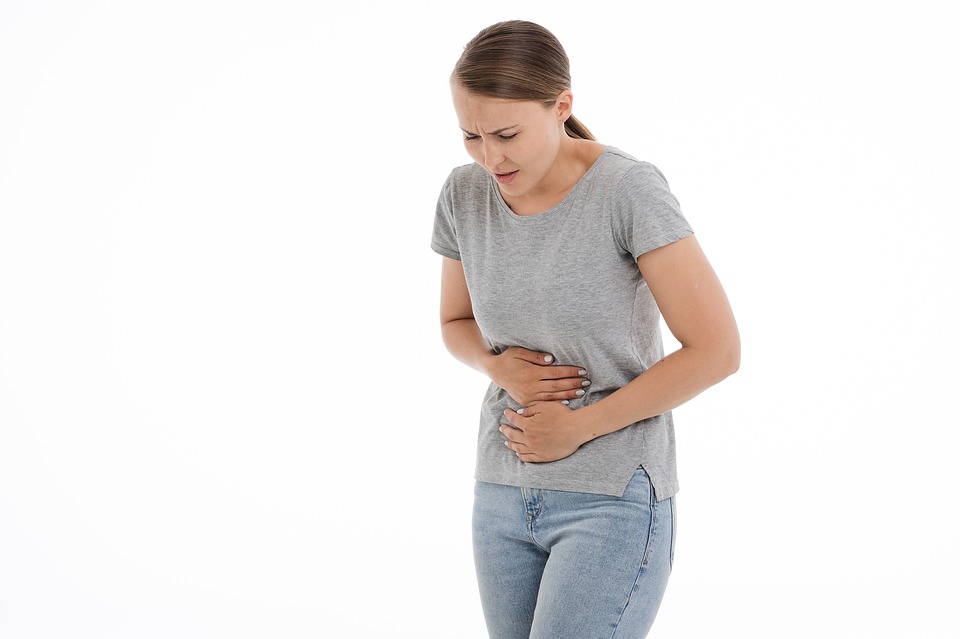When was the last time you rode the Crimson Wave? How many times per day have you experienced unusual mood swings and hot flashes? If you can relate to these questions, then this article is a must!
What Is Menopause?
You must have surely heard of the term menopause at least once in your life. It is a natural biological process that marks the end of a woman’s menstrual cycles. It usually occurs between the ages of 45 and 55, although it can also happen much earlier or later in some women. For example, in the United States, the average age for a woman to reach menopause is 51.
Perimenopause
Perimenopause is when the woman’s body starts the natural transition to menopause, which can last for around four years. But for some women, this particular phase may last only a few months. A sign of perimenopause includes menstrual irregularities. These usually develop during your forties, although some women have also noticed these changes happening around their mid-thirties. During this phase, there is an uneven rise and fall of oestrogen level in the body and a woman may experience hot flashes or sleep problems.
Symptoms of Menopause

Each woman has a unique experience of this natural transition. For some, the symptoms may have been more severe while others had a smoother experience.
The common symptoms of menopause are:
- Hot flashes
- Night sweats
- Insomnia
- Vagina dryness
- Weight gain
- Depression
- Anxiety
- Memory problems
- Increased urination
- Headaches
- Sore breasts
- Painful joints
- Hair loss
- Increase hair growth on other parts of the body such as face, neck and chest.
Did you know that some factors can affect and worsen the health of the ovaries? These factors are medical conditions such as cancer and hysterectomy and certain lifestyle choices such as smoking, excessive alcohol drinking and so on. These factors can increase the severity of the symptoms of menopause can lead to the following complications:
- Vulvovaginal atrophy
- Dyspareunia
- Cataracts
- Urinary Incontinence
- Sudden mood changes
- Osteoporosis
- Heart or blood vessel disease
Causes of Menopause
- It is a natural process that occurs because of the ovaries age and tends to produce less reproductive hormones. For instance, as many women approach their late thirties, there is a decrease in oestrogen and progesterone production. As a result, there can be huge fluctuations in their menstrual periods.
- Ovaries produce some hormones such as oestrogen and progesterone which help to regulate the menstrual cycles. Oophorectomy is a surgery to remove one or both of your ovaries and consequently leads to immediate menopause. You will stop getting periods and start experiencing menopausal signs and symptoms. Hormonal changes will occur suddenly rather than over the course of several years.
- Chemotherapy and radiation therapy are cancer-relief therapies that can lead to menopause and cause symptoms such as hot flashes. However, radiation therapies directed towards other parts of the body rather than the ovaries cannot induce menopause.
- About 1 % of women in a population can experience menopause before age forty. This is called premature menopause. Women who have a family history of premature menopause are more likely to experience early menopause. Moreover, smoking and some health conditions such as thyroid disease, AIDS and Chronic fatigue syndrome can cause premature menopause.
How to Diagnose Menopause?

It is recommended to visit a doctor if you have troubling menopausal symptoms or experience the symptoms before 45 years of age. Through different blood, urine and saliva tests, the doctor can confirm whether you are menopausal or not. Recently, the Food and Drug Administration approved a new blood test called the PicoAMH Elisa diagnostic test which can help to determine when a woman is in menopause.
Additional tests that can confirm menopause include:
- Thyroid function tests
- Blood lipid profile
- Liver function tests
- Kidney function tests
Postmenopause
Finally, postmenopause is that stage where a woman has not had her period for 12 months or longer. During this phase, the symptoms of menopause such as hot flashes may ease for most women. It is also a period where you won’t have to worry about “that time of the month” and gone are all those cramps, backaches, headaches or mood swings.
The menopause journey doesn’t have an exact starting or ending point and you can experience some unexpected twists and turns on the way.
How did you find this article about menopause? Please share your comments!


